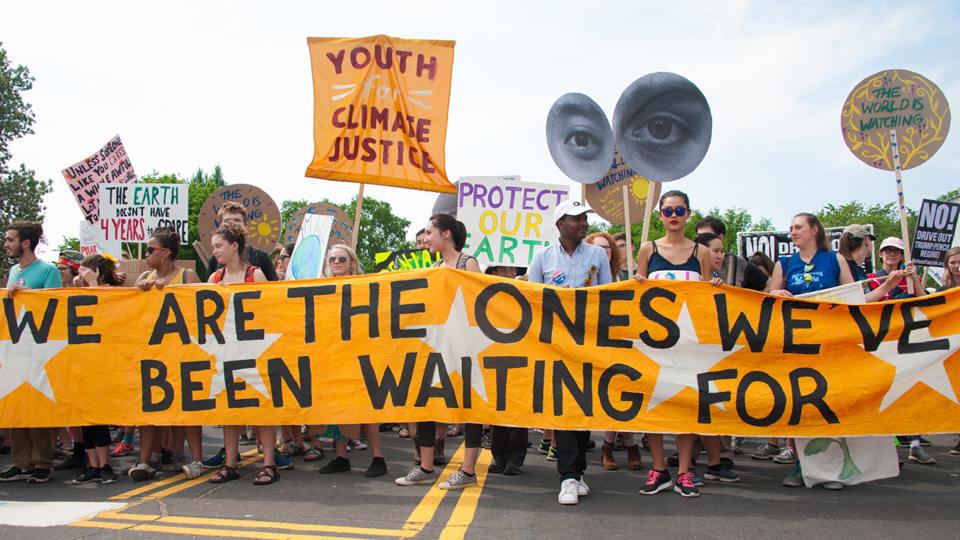Across the world, youth are increasingly moving beyond activism to directly influence climate policy. They have emerged as influential voices in shaping laws, contributing to negotiations, and holding governments accountable. The urgency they bring reflects personal stakes in the climate crisis and growing recognition that youth inclusion is critical to sustainable policymaking.
Globally, the young face disproportionate impacts of rising temperatures, biodiversity loss, and resource stress. Yet despite representing nearly 1.8 billion of the world’s population, their representation in political decision-making remains minimal, with less than 3% of legislators under 30. This imbalance sidelines future generations and weakens long-term governance. According to the World Economic Forum, incorporating youth perspectives fosters more equitable and innovative climate strategies, as young advocates often look beyond short political cycles, prioritizing justice, technological innovation, and intergenerational equity.
Youth-led initiatives are turning advocacy into measurable outcomes. In Serbia, UNICEF-supported programmes have helped young leaders engage with municipal policymakers to develop community-based climate resilience projects. Similarly, the Global Shapers Community has mobilized youth networks to contribute to emissions reduction, biodiversity conservation, and sustainability dialogues influencing global forums. Such movements show that youth are not mere campaigners but co-creators of governance frameworks and sustainable transitions.
In India, the shift from activism to institutional engagement is increasingly visible. UNICEF’s Youth-led Action against Climate Change in Maharashtra trains with advocates aged 15–29 in climate planning, negotiation, and policy advocacy. The Maha Youth for Climate Action network has collaborated with local governments to integrate youth recommendations into subnational strategies. Moreover, the 2024 Local Conference of Youth in Mysuru united over 250 young Indians to draft the “National Youth and Children’s Statement,” urging inclusion in India’s Nationally Determined Contributions and climate resilience policies.
These movements highlight a transition from tokenistic inclusion to shared authority. Youth-led action is no longer limited to symbolic participation but is reshaping climate governance. Governments, civil society, and multilateral bodies must ensure young voices are empowered with real influence, resources, and recognition. When youth drive the policy agenda alongside traditional leaders, climate action becomes more just, inclusive, and future-oriented.
SOURCES:
- https://www.unicef.org/documents/lessons-youth-led-action-towards-climate-advocacy-and-policy-india
- https://www.ucc.ie/en/youthclimatejustice/blog/climate-change-and-indian-youth.html
- https://clearinghouse.unicef.org/sites/ch/files/ch/sites-PD-CEEDRR-Knowledge%20at%20UNICEF%20%20CEED-2024_Youth-Led%20Action%20on%20Climate%20Change_Lessons%20from%20UNICEF%20Serbia-5.0.pdf
- https://iucn.org/blog/202308/youth-agents-change-sustainable-future
- https://www.weforum.org/stories/2025/07/why-youth-need-to-be-drivers-of-policymaking-for-climate-action/

